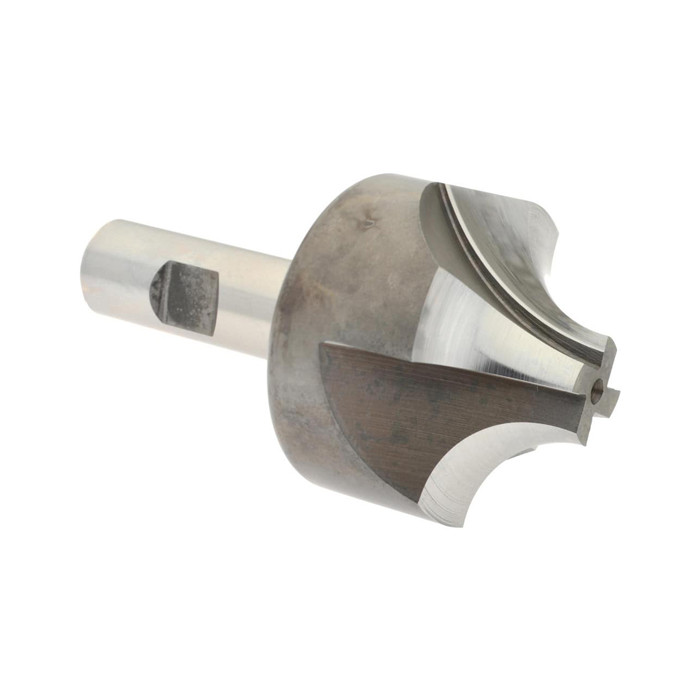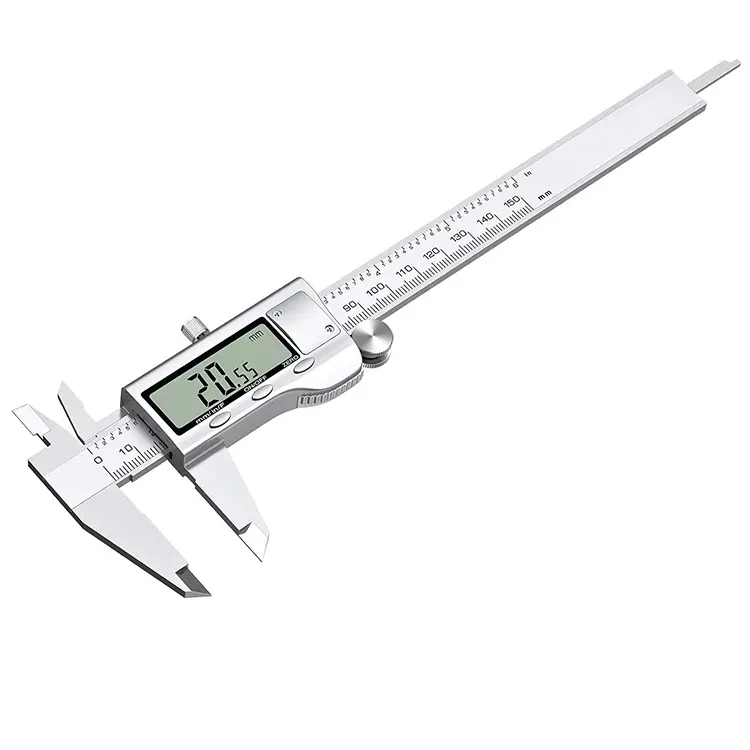Reamers Manufacturers
Finding reliable reamers manufacturers can be challenging. This guide explores the key considerations when choosing a manufacturer, the different types of reamers available, and factors affecting their quality and performance. It helps buyers make informed decisions when sourcing these essential cutting tools.
Understanding Reamers and Their Applications
A reamer is a rotary cutting tool used to enlarge or finish existing holes to precise dimensions, leaving smooth sides. They are frequently used after drilling, boring, or punching to achieve higher accuracy and surface finish.
Common Applications of Reamers:
- Metalworking: Precisely sizing holes in metal components.
- Woodworking: Creating smooth, accurate holes for dowels and other joinery.
- Automotive: Finishing valve guides and other engine components.
- Aerospace: Manufacturing precision parts for aircraft.
Types of Reamers
Choosing the right reamer type is crucial for optimal performance. Here’s an overview of common reamer types:
- Hand Reamers: Operated manually, suitable for small-scale or intricate work.
- Machine Reamers: Designed for use with drilling machines or lathes, offering greater precision and efficiency for larger production runs.
- Adjustable Reamers: Allow for slight adjustments in diameter, providing flexibility for varying hole sizes.
- Tapered Reamers: Used to create tapered holes for fitting tapered pins or fasteners.
- Shell Reamers: Consist of a reamer head attached to an arbor, offering cost-effectiveness for large reaming operations.
- Carbide Reamers: Made from carbide, which provide exceptional durability and wear resistance, ideal for machining abrasive materials or achieving tight tolerances.
Factors to Consider When Choosing Reamers Manufacturers
Selecting the right reamers manufacturers can significantly impact the quality and performance of your finished products. Here are key factors to consider:
Material Quality
The material used to manufacture reamers directly impacts their durability and cutting performance. Common materials include high-speed steel (HSS), cobalt steel, and carbide. Carbide reamers manufacturers provide tools with increased hardness and wear resistance, especially crucial for demanding applications.
Precision and Accuracy
Reamers are used for achieving precise hole dimensions. Ensure the manufacturer can consistently produce reamers with tight tolerances and accurate cutting edges. Ask about their quality control processes and certifications.
Manufacturing Capabilities
Evaluate the manufacturer's production capacity and ability to meet your specific requirements. Can they handle custom orders, large production runs, and specialized reamer designs?
Experience and Reputation
Choose a manufacturer with a proven track record and positive reputation in the industry. Look for testimonials, case studies, and references from other customers.
Customer Support and Service
A reliable manufacturer should offer excellent customer support, including technical assistance, prompt responses to inquiries, and efficient order processing.
Pricing and Lead Times
While price is important, focus on value rather than simply choosing the cheapest option. Consider the overall cost, including quality, performance, and longevity. Also, confirm the manufacturer's lead times and ability to meet your deadlines. As a professional reamers manufacturers, Wayleading Tools can meet your demands.
Evaluating the Quality of Reamers
Before committing to a specific manufacturer, it's crucial to assess the quality of their reamers. Here are some key aspects to evaluate:
Cutting Edge Geometry
Examine the cutting edges of the reamer. They should be sharp, uniform, and free from defects. The helix angle and rake angle should be appropriate for the intended material and application.
Surface Finish
A smooth surface finish is essential for minimizing friction and preventing material buildup. Check for any signs of roughness, grinding marks, or other imperfections.
Dimensional Accuracy
Verify that the reamer meets the specified dimensions and tolerances. Use precision measuring instruments, such as calipers or micrometers, to check the diameter, length, and other critical dimensions.
Material Hardness
Test the hardness of the reamer material to ensure it meets the required specifications. This can be done using hardness testing equipment, such as a Rockwell or Vickers hardness tester.
Finding Reputable Reamers Manufacturers
Several strategies can help you identify reputable reamers manufacturers:
- Online Research: Use search engines to find manufacturers and read online reviews and ratings.
- Industry Directories: Consult industry directories and trade publications to identify potential suppliers.
- Trade Shows: Attend trade shows and exhibitions to meet manufacturers in person and see their products firsthand.
- Referrals: Ask for referrals from colleagues, industry experts, or other businesses that use reamers.
Cost Considerations
The cost of reamers can vary depending on several factors, including material, size, type, and quantity. Consider the following when evaluating pricing:
- Material: Carbide reamers are generally more expensive than HSS reamers due to their superior performance and durability.
- Size: Larger reamers typically cost more than smaller ones.
- Type: Specialized reamers, such as adjustable or tapered reamers, may command a higher price.
- Quantity: Ordering in bulk may result in volume discounts.
It's essential to request quotes from multiple manufacturers to compare pricing and find the best value for your money.
Maintaining and Caring for Reamers
Proper maintenance and care can extend the life of your reamers and ensure consistent performance. Follow these tips:
- Clean the reamer after each use: Remove any chips, debris, or cutting fluid.
- Store reamers in a dry, protected environment: Prevent rust and corrosion.
- Sharpen reamers regularly: Maintain sharp cutting edges for optimal performance.
- Use the correct cutting speed and feed rate: Avoid excessive heat and wear.
- Use appropriate cutting fluid: Lubricate the cutting edges and remove heat.
Case Studies
Here are examples of how different types of reamers are used in various industries:
Case Study 1: Automotive Industry
A leading automotive manufacturer uses carbide reamers to precisely finish valve guides in engine blocks. The carbide reamers provide exceptional wear resistance and ensure tight tolerances, resulting in improved engine performance and longevity.
Case Study 2: Aerospace Industry
An aerospace company uses adjustable reamers to create custom-sized holes in aircraft components. The adjustable reamers allow for slight variations in hole diameter, accommodating different fastener sizes and ensuring a secure fit.
Table: Comparing Reamer Materials
| Material | Hardness (HRC) | Wear Resistance | Cost | Applications |
|---|---|---|---|---|
| High-Speed Steel (HSS) | 62-65 | Moderate | Low | General-purpose applications |
| Cobalt Steel | 64-67 | High | Medium | Machining harder materials |
| Carbide | 80-90 | Very High | High | High-precision, abrasive materials |
Source: Machining Technology, Inc.
Conclusion
Choosing the right reamers manufacturers is essential for achieving accurate hole dimensions and smooth surface finishes. By considering the factors outlined in this guide, you can make an informed decision and select a manufacturer that meets your specific needs. Remember to evaluate material quality, precision, manufacturing capabilities, experience, customer support, and pricing to ensure you get the best value for your investment. Always prioritize quality and reliability to maximize the performance and longevity of your reamers.
Related products
Related products
Best selling products
Best selling products-
 DIN333A HSS Center Drills With Milled & Fully Ground Flute
DIN333A HSS Center Drills With Milled & Fully Ground Flute -
 APKT Milling Insert For Indexable Milling Cutter
APKT Milling Insert For Indexable Milling Cutter -
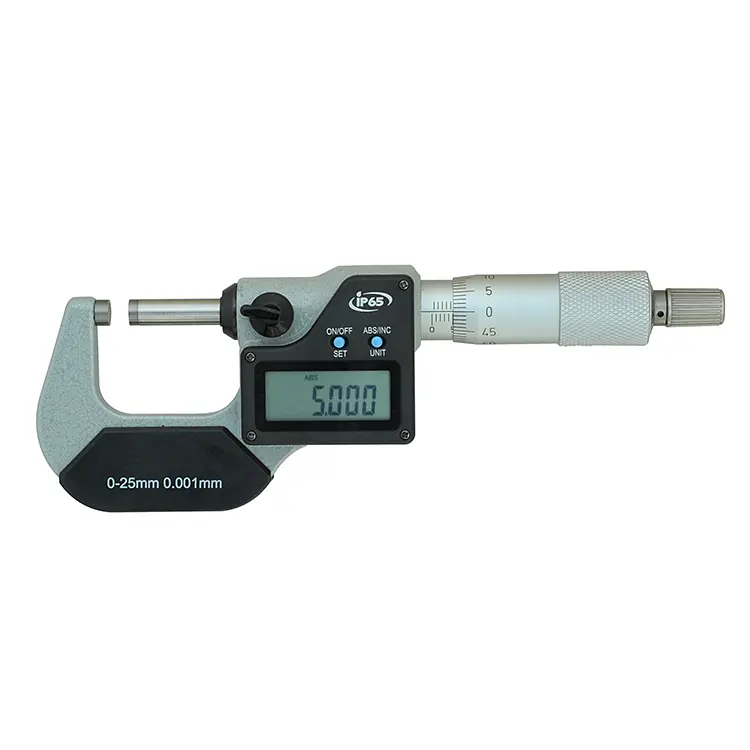 Precision IP65 Digital Outside Micrometer Of Inch & Metric With Data Output
Precision IP65 Digital Outside Micrometer Of Inch & Metric With Data Output -
 Indexable Square Shoulder End Mill For Industrial
Indexable Square Shoulder End Mill For Industrial -
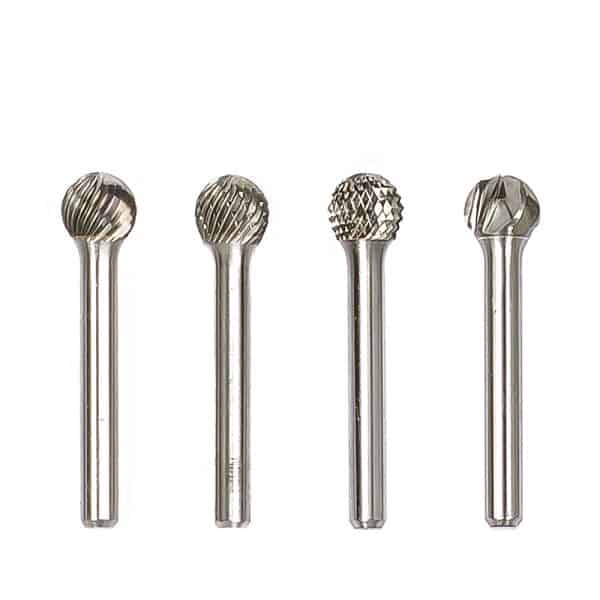 Type D Ball Tungsten Carbide Rotary Burr
Type D Ball Tungsten Carbide Rotary Burr -
 Precision Digital Bore Guage From 6-450mm Range
Precision Digital Bore Guage From 6-450mm Range -
 Precision V Block And Clamps Set With High Quality Type
Precision V Block And Clamps Set With High Quality Type -
 Type H Flame Tungsten Carbide Rotary Burr
Type H Flame Tungsten Carbide Rotary Burr -
 HSS Involute Spline Cutter With PA30
HSS Involute Spline Cutter With PA30 -
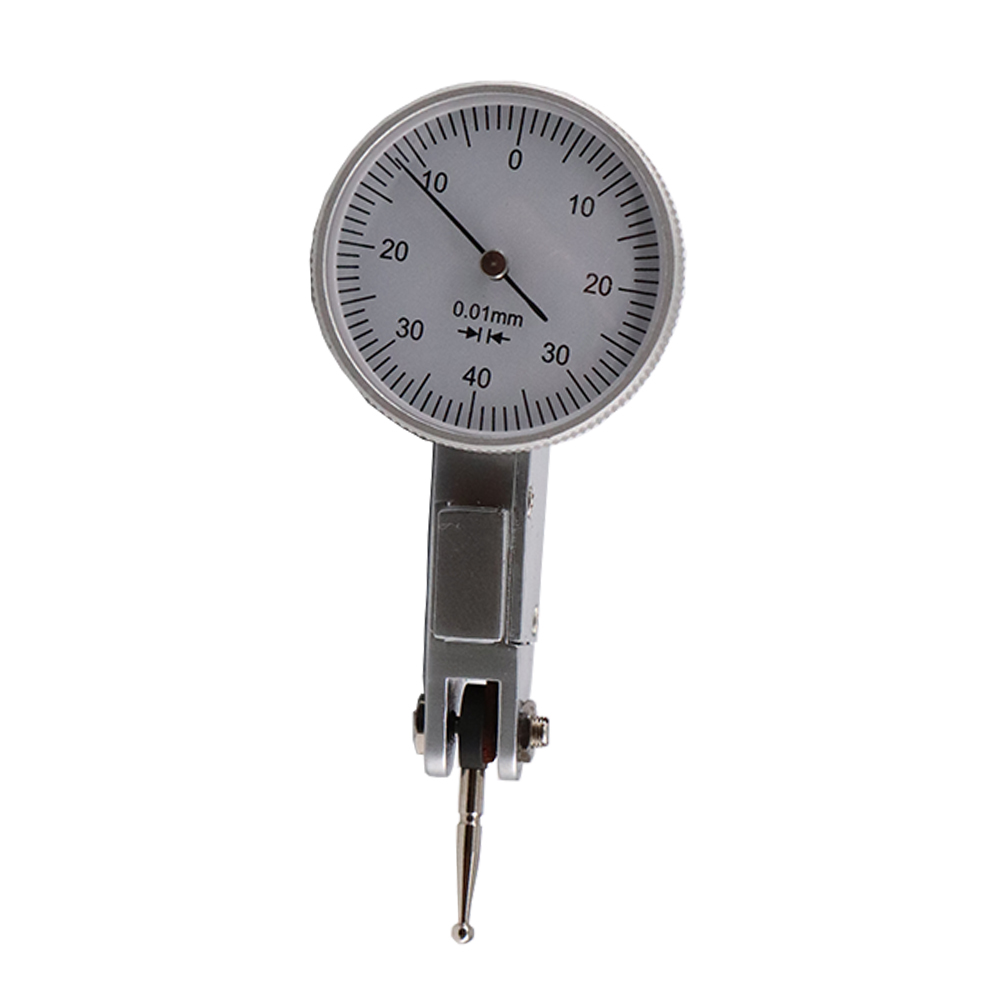 Precision Dial Test Indicator Gage For Industrial
Precision Dial Test Indicator Gage For Industrial -
 HSS Metric & Inch Woodruff Keyseat Cutter With Straight Or staggered Teeth
HSS Metric & Inch Woodruff Keyseat Cutter With Straight Or staggered Teeth -
 Type G Arc Pointed Tree Tungsten Carbide Rotary Burr
Type G Arc Pointed Tree Tungsten Carbide Rotary Burr

